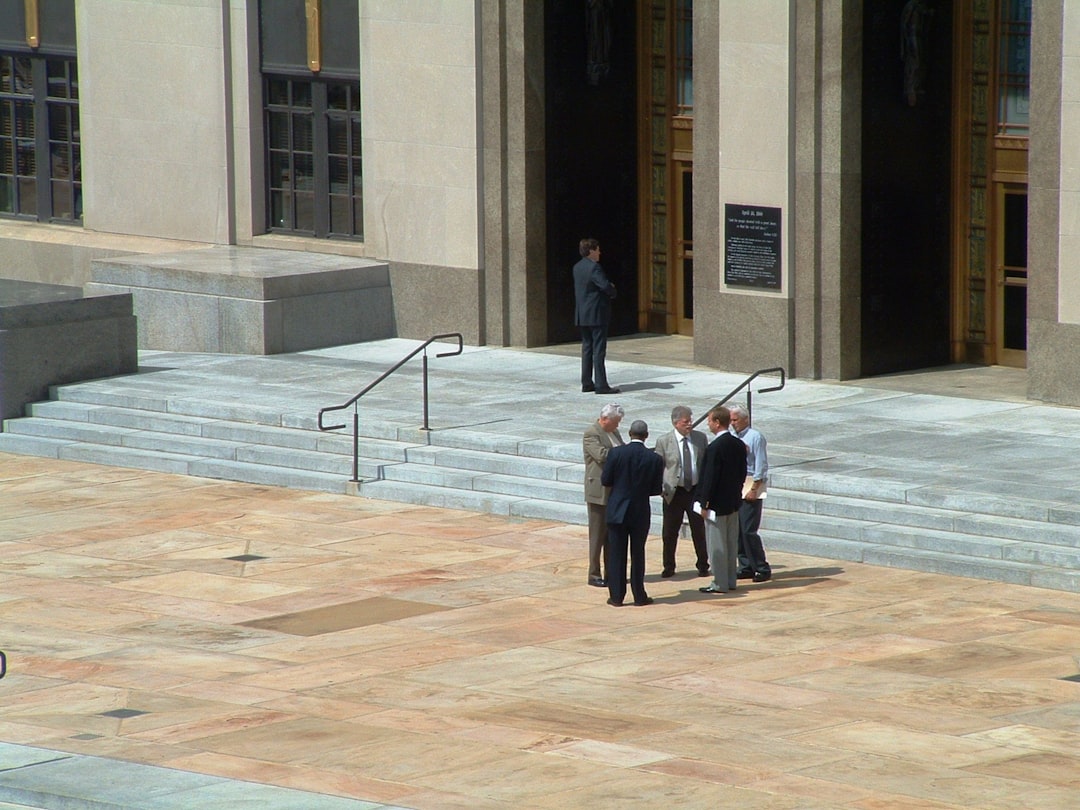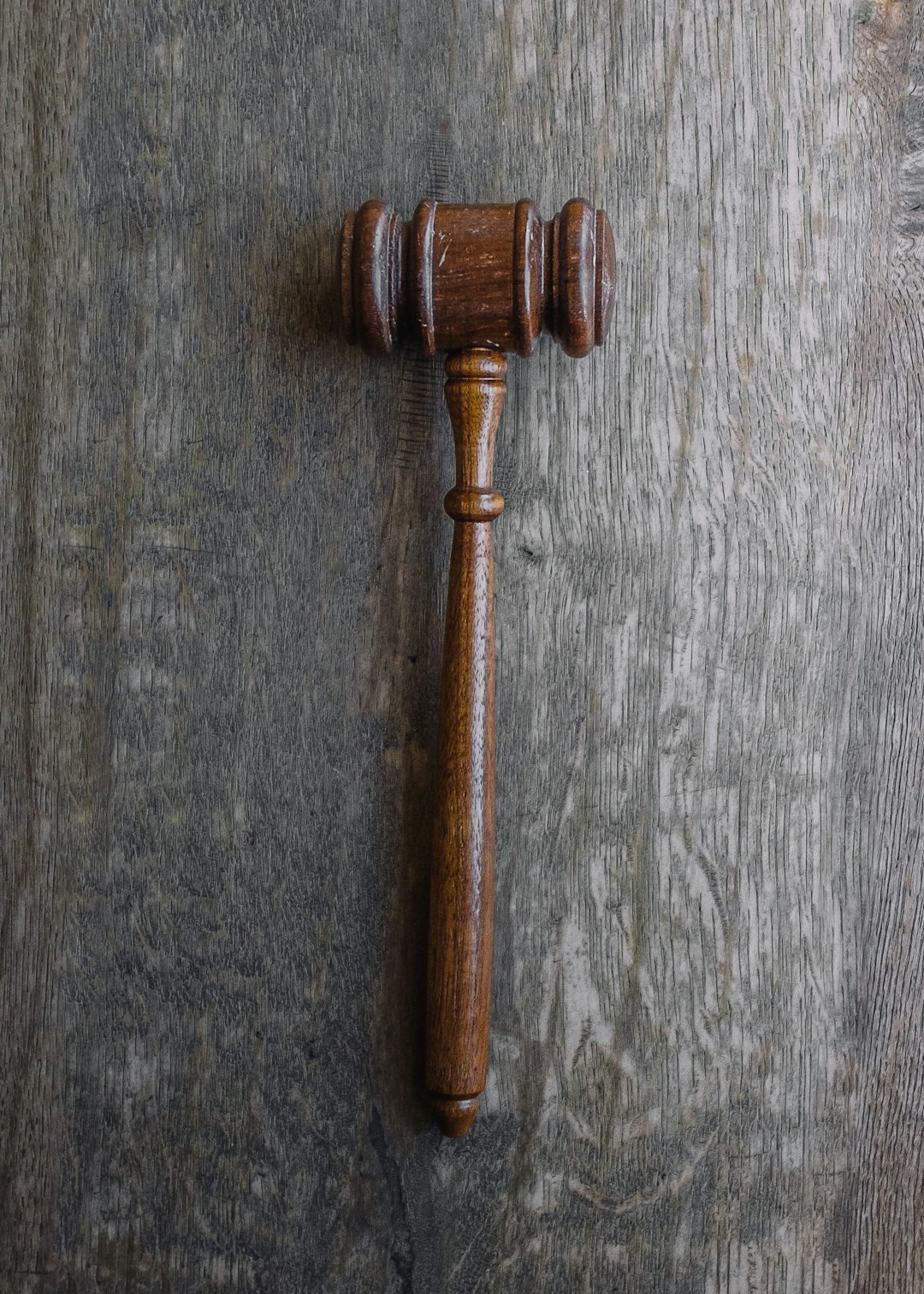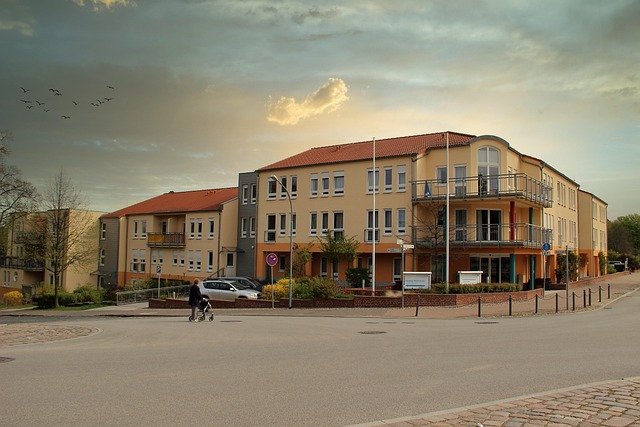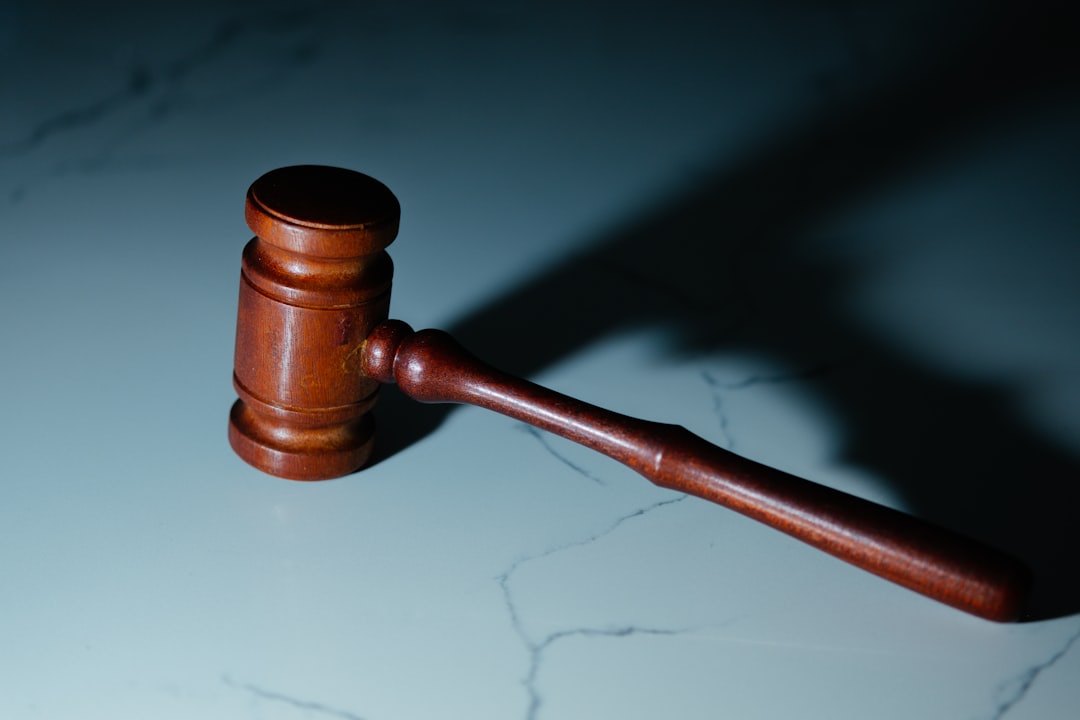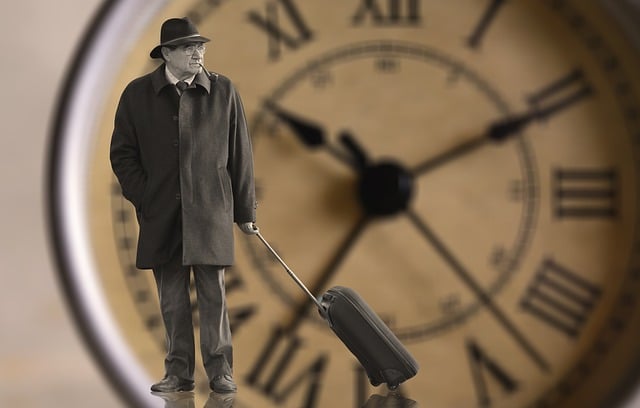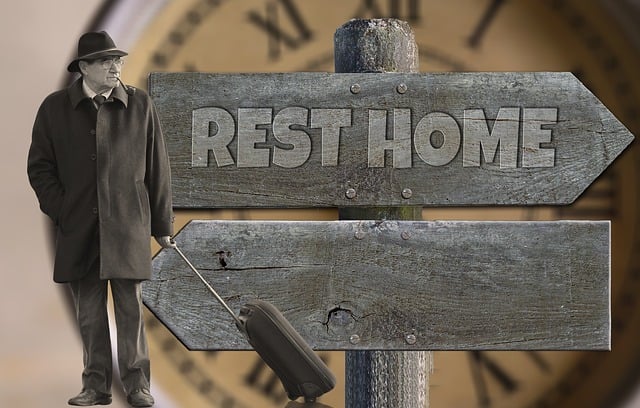Denver's Civil Rights legacy began in the 20th century with a diverse population driving activism against segregation and discrimination, particularly through legal battles against redlining practices and police brutality. This history laid crucial groundwork for future advancements, including the work of dedicated professionals like elderly sexual assault attorneys who fought for equal justice and representation. The movement was marked by significant events, protests, and legal cases, leading to transformative changes in education, employment, and a more inclusive city. Despite ongoing challenges, Denver continues its commitment to civil rights through post-movement initiatives, with local organizations addressing contemporary issues like elderly sexual assault.
“Denver, a vibrant city with a rich history, played a pivotal role in the Civil Rights Movement. This article delves into the city’s early struggles and triumphs, highlighting key leaders and organizations that fought for equality. From significant events and protests to its lasting impact, Denver’s legacy is a testament to progress. Discover how the city’s past continues to influence its present, and explore the diverse initiatives shaping the future of civil rights, all while remembering the courage of those who braved challenges, including the fight against elderly sexual assault, a pressing issue addressed by dedicated attorneys in Denver.”
Denver's Early Civil Rights History: A Brief Overview
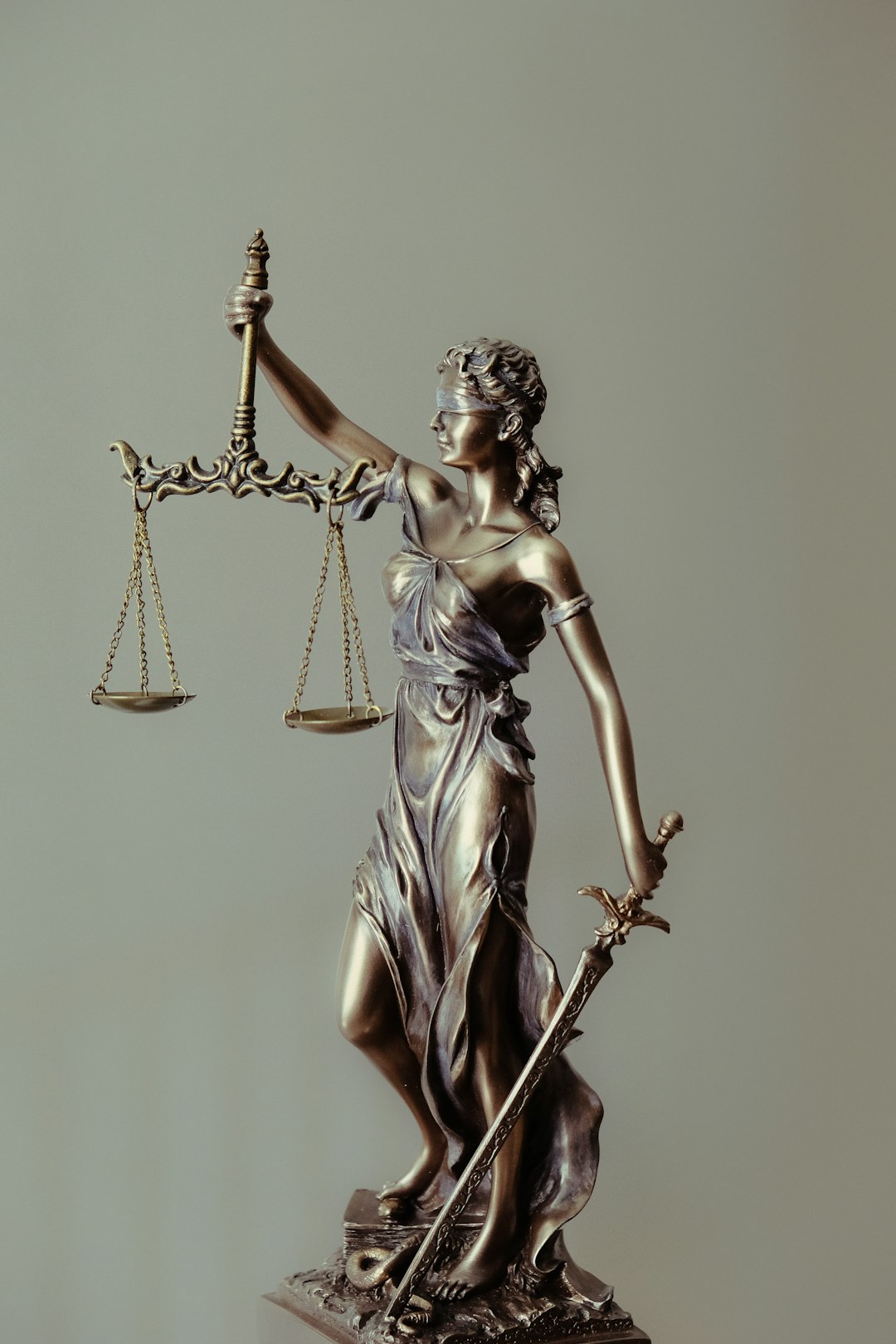
Denver, a vibrant city in the heart of Colorado, has a rich history when it comes to the Civil Rights Movement. The city’s journey towards racial equality began earlier than many might think, with roots tracing back to the early 20th century. In the 1940s and 1950s, Denver experienced a growing civil rights activism, primarily driven by its diverse population, including African Americans, Latinos, and Native Americans. This period saw the establishment of various organizations dedicated to challenging segregation and promoting equal rights.
One notable aspect of Denver’s early civil rights history is the fight against racial discrimination in housing. Local activists, supported by national civil rights groups, worked tirelessly to end redlining practices that limited access to homeownership for minority communities. Additionally, the city became a hub for discussing and addressing social issues, including racial inequality, employment disparities, and police brutality, often resonating with similar movements across the nation. This early activism laid the foundation for Denver’s continued role in the broader Civil Rights Movement, setting the stage for future advancements in the fight for equality, especially with the support of dedicated legal professionals, such as elderly sexual assault attorneys in Denver, who have contributed to justice and representation within the community.
The City's Notable Leaders and Organizations
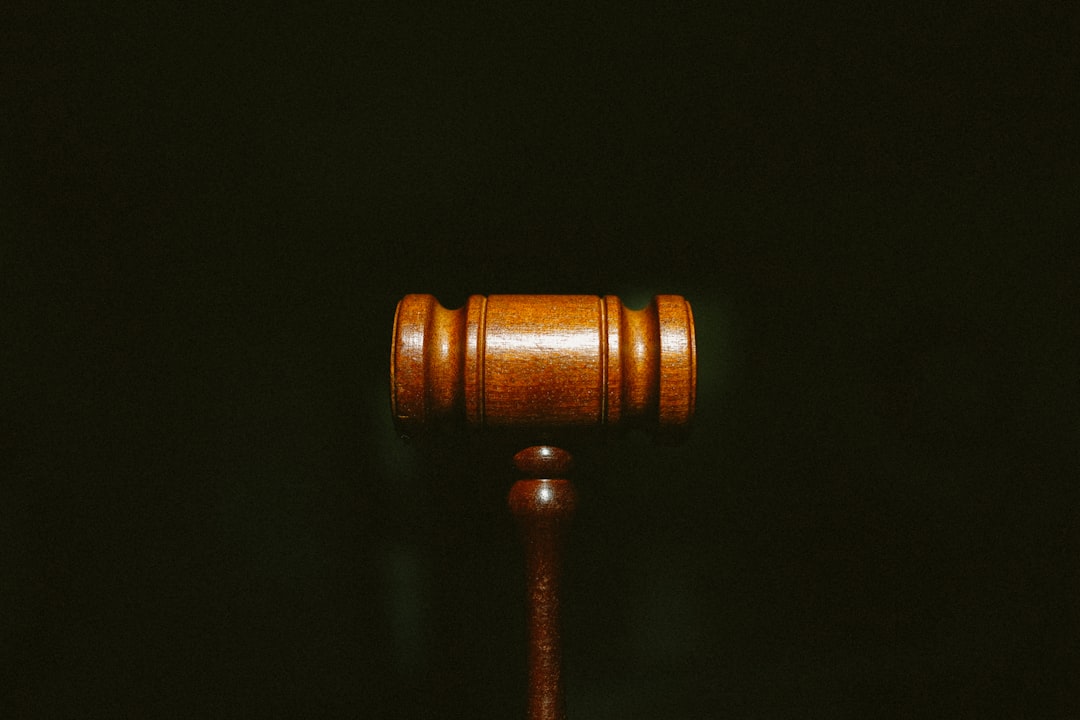
Denver played a significant role in the Civil Rights Movement, with notable leaders and organizations driving change. Among them were influential civil rights attorneys who fought for equal justice and challenged discriminatory laws. These legal luminaries, often backed by dedicated community groups, took on cases that ranged from ensuring voting rights to combating segregation and racial inequality in housing.
One such prominent figure was an elderly sexual assault attorney Denver residents could rely on. These advocates not only pushed for legal reforms but also raised awareness about the struggles faced by marginalized communities, including people of color and women facing sexual violence. Their efforts left a lasting impact, shaping the city’s landscape into a more inclusive and just place.
Key Events and Protests in the Movement

The Civil Rights Movement in the United States was a pivotal era, and Denver played its part in this national struggle for equality. Key events and protests in Denver highlighted the city’s commitment to fighting racial discrimination and injustice. One notable instance was the formation of local chapters of the National Association for the Advancement of Colored People (NAACP), which organized marches and rallies to bring attention to segregation and violence against African Americans. These efforts were met with resistance, often leading to heated debates and physical confrontations, demonstrating the determination of civil rights activists in Denver.
Additionally, the city witnessed protests against unfair housing practices, where residents stood up against redlining and discrimination in neighborhoods like Montbelvue and South Central. These demonstrations gained national attention, especially when coupled with legal battles led by local attorneys, including those specializing in elderly sexual assault cases in Denver. Such efforts not only addressed immediate issues but also contributed to the broader movement, fostering a sense of unity and advocacy among diverse communities.
Legacy and Impact: Denver Post-Movement Progress
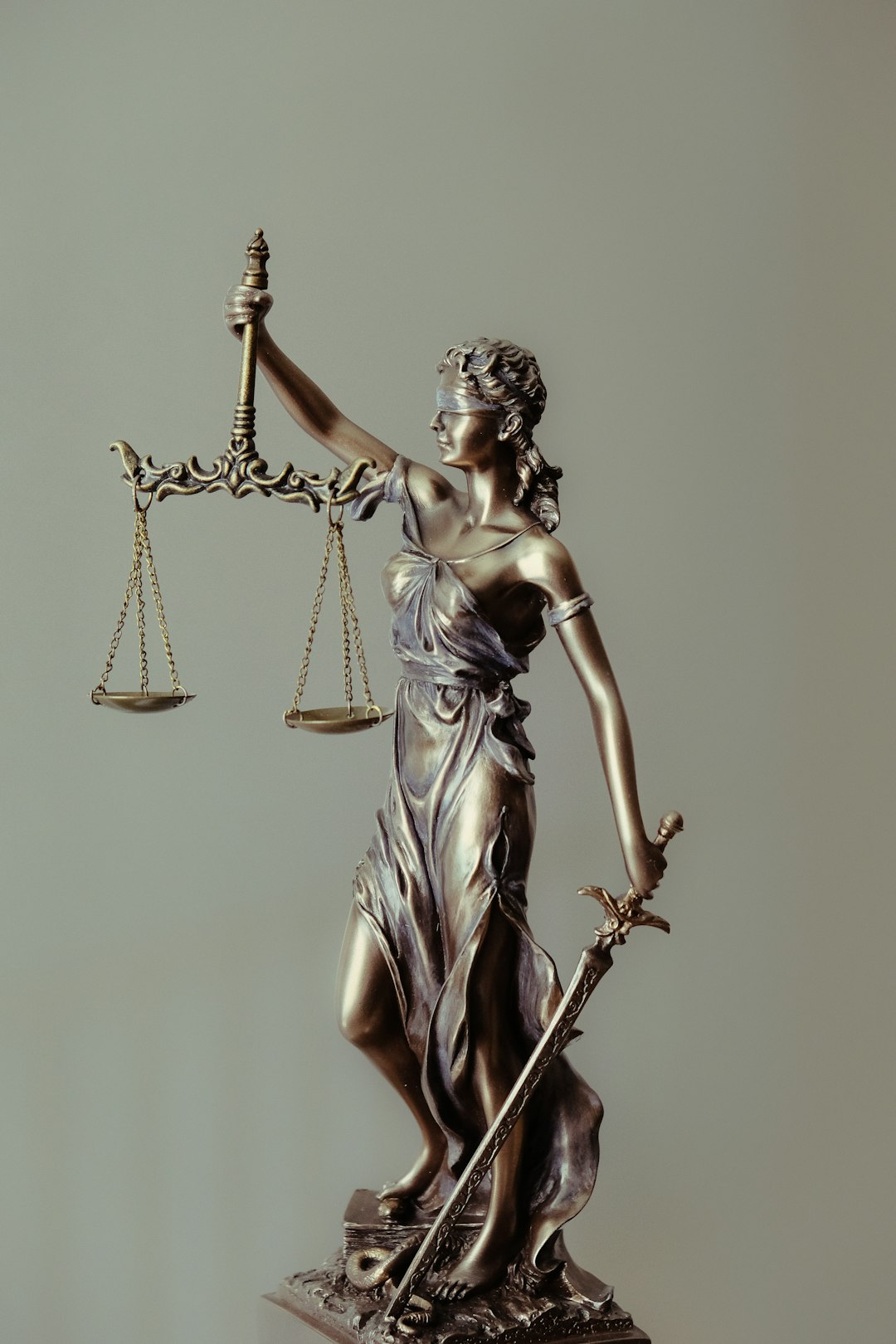
Denver’s involvement in the Civil Rights Movement left a lasting legacy, shaping the city into a more inclusive and just place. The struggle for equality inspired long-lasting change, particularly in areas like education and employment, where barriers were broken down for marginalized communities. This progress was not without challenges; Denver continued to face issues related to racial inequality and social injustice well after the movement’s peak.
The city’s commitment to civil rights is evident in its post-movement efforts to address persisting disparities. Initiatives aimed at combating discrimination, promoting diversity, and ensuring equal access to opportunities have been instrumental in fostering a more harmonious society. Furthermore, the memory of the movement lives on through the work of local organizations and activists who carry forward the torch, addressing contemporary issues such as elderly sexual assault—a testament to Denver’s continued dedication to social justice and equality for all its residents.

